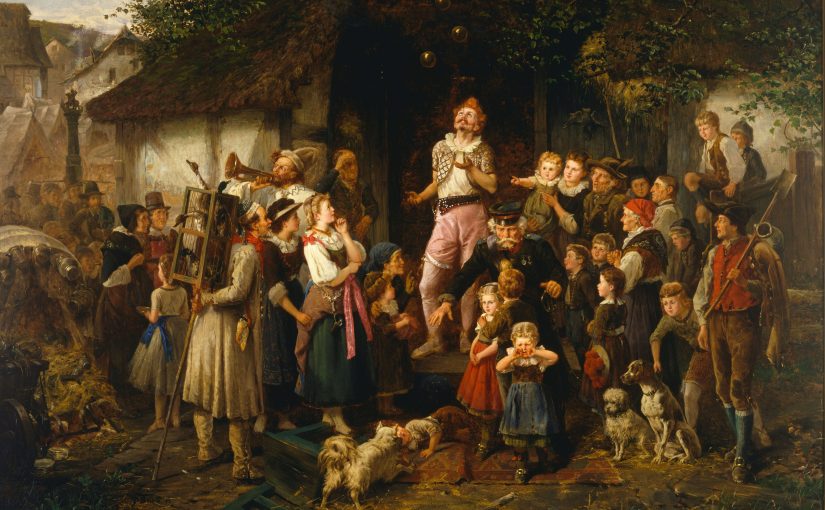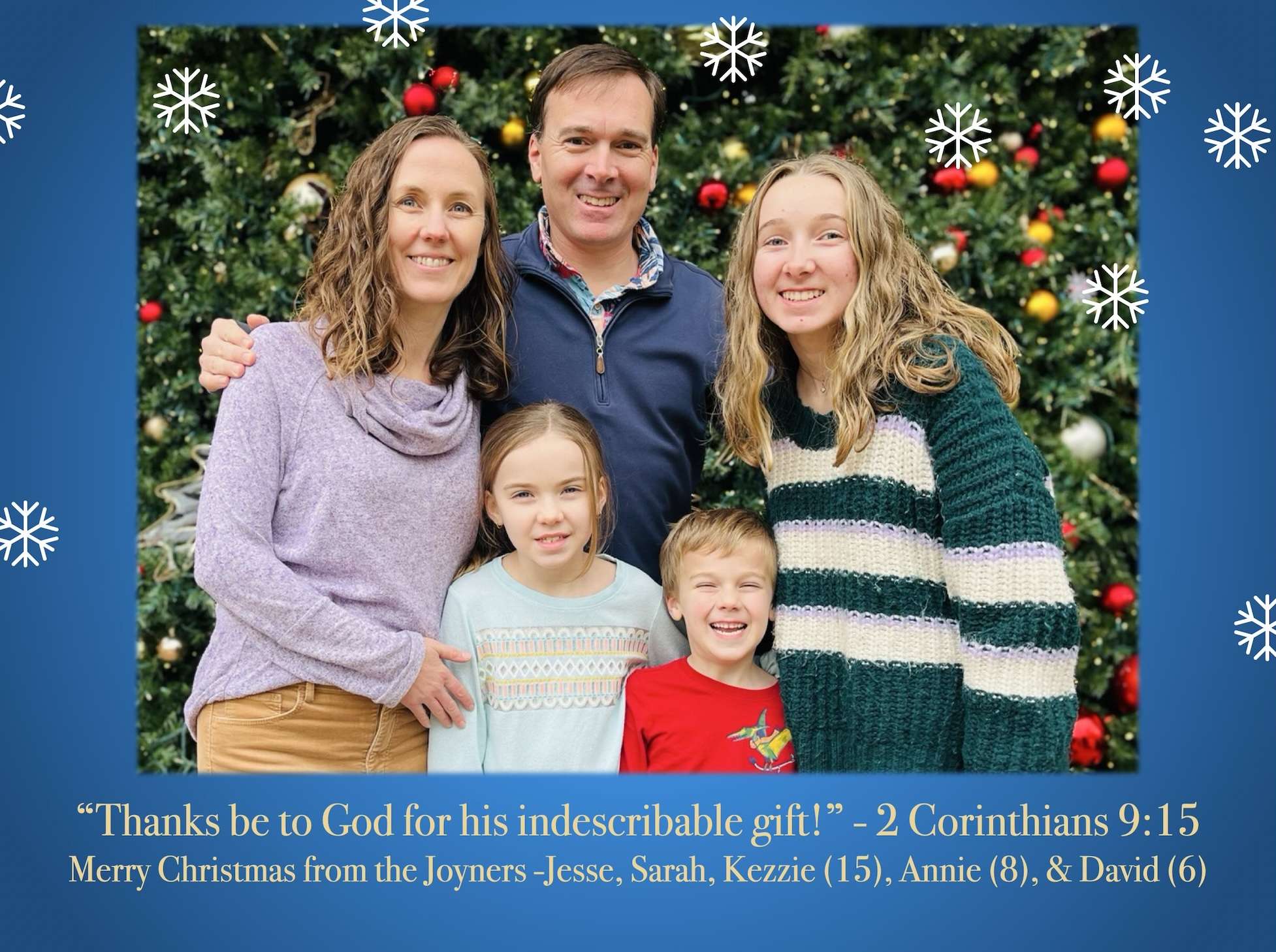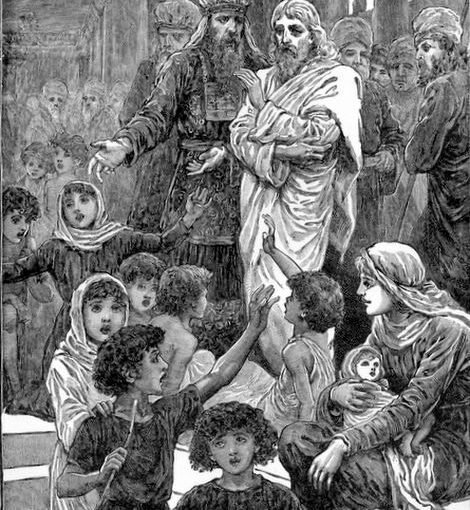I am happy to announce that my PhD dissertation has been published to ProQuest, an…
Jesse Joyner’s Blog

Jesse Joyner, PhD
Professor of Children and Family Ministries, Ascent College
Latest Articles
-
The Easiest Large Group Game Ever
This is probably the easiest large group game ever invented. If you can think of…
-
Merry Christmas from the Joyners!
Greetings from our family in Richmond, Virginia! We are thankful for you, our friends and…
-
Book Release! Incredibly Bad Dad Jokes
I have been writing down my original Dad jokes for several years now, but recently…
-
A Children’s Ministry Poem
From the mouths of children come questions galore about heaven and angels and Satan and…






